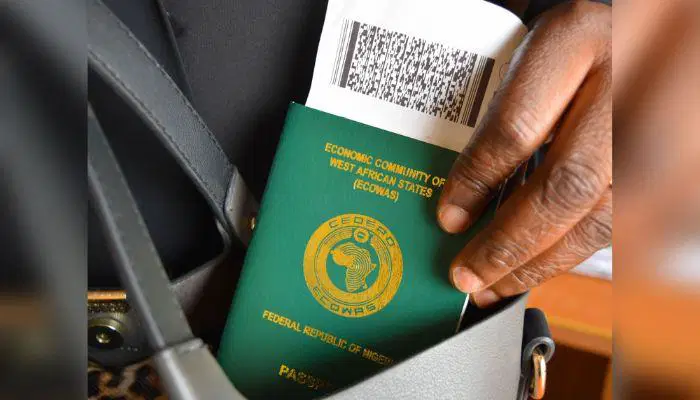
9 most-requested documents for work visas
Planning to work abroad? Whether you’re heading to Canada, the UK, Germany, Australia, or the UAE, securing a work visa is a critical step and the process often comes with a long list of required documents.
While specifics vary by country, most immigration offices demand a core set of paperwork before granting a work visa. Here’s a breakdown of the most commonly requested documents:
- Valid Passport
Your passport must typically have at least six months’ validity beyond your intended stay. Some countries require blank visa pages as well, so double-check the requirements. - Job Offer Letter
This is one of the most important documents in your visa application. It must come from a verified employer or government-approved sponsor. The letter should include details such as your job title, salary, and terms of employment. - Educational Certificates
These include your university degrees, diplomas, and any vocational qualifications relevant to the job you’re applying for. In some cases, you may need to have these credentials assessed or authenticated. - Proof of Work Experience
Most countries will want to see evidence of your past employment. This could include:
Reference letters from previous employers
Employment contracts
Payslips
- Language Proficiency Test Results
If you’re going to an English-speaking country like the UK, Canada, or Australia, proof of English proficiency is often required. Commonly accepted tests include:
IELTS
TOEFL
PTE Academic
Some non-English-speaking countries may ask for proof of proficiency in their official language.
- Police Clearance Certificate (PCC)
This is a document issued by law enforcement to confirm that you have no criminal record. It’s essential to prove your good character and legal standing in your home country. - Medical Certificate
Many countries require a medical exam to ensure you’re fit to work and free from contagious diseases. The test is usually conducted by a panel physician authorized by the destination country’s immigration authority. - Proof of Funds
You may need to show bank statements or other financial documents to prove you can support yourself (and your dependents, if applicable) until you start earning. - Professional Accreditation or Licensing
If you’re applying for jobs in regulated sectors like healthcare, education, or engineering, you may need proof of accreditation or registration with a professional body in the destination country.


